Sea Ice Record Retreat Has Antarctic Experts Worried For Wildlife, Climate
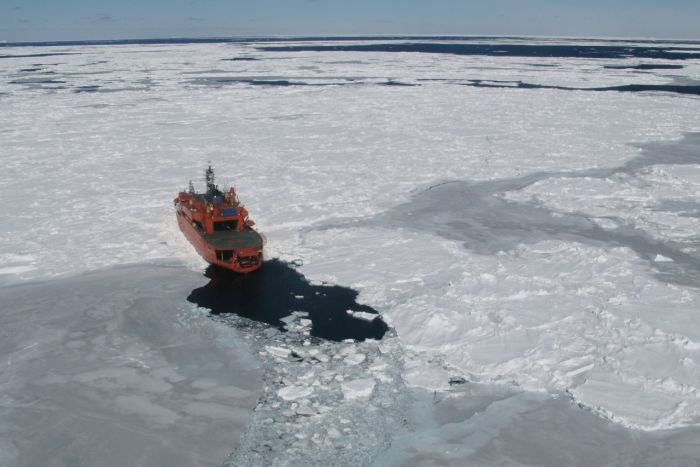
Source: Australian Broadcasting Corp.
Scientists fear a sharp reduction in Antarctic sea ice in recent weeks will impact marine life and climate systems.
Key points
- Antarctic sea ice retreating earlier than usual
- Instability of ice affecting access to research stations
- Impacts expected on marine life, climate, research
New daily records have been set for measuring the retreat of sea ice around Antarctica in the past week.
The sea ice reached a record high in 2014, when it exceeded 20 million square kilometres.
The situation has forced the Australian Antarctic Division to rethink its upcoming expeditions due to the danger of heavy equipment breaking through the ice.
Dr Jan Lieser from the Antarctic Climate and Ecosystems Cooperative Research Centre said finding was surprising, but did align with a long-term trend.
"It is also a reminder of why it is unwise to leap to conclusions about the link between Antarctic sea ice and climate change on the basis of one or two years of data," Dr Lieser said.
"Sea ice cover in the Artic as been reducing steadily over the past several decades and climate models also predict that over time sea ice will also reduce around Antarctica.
"We need to look at much larger time scales, 35 to 40 years that we need to know to be sure."
Sea ice is thought to act as a regulator for the world's climate systems.
Dr Lieser said for that reason the fluctuations are concerning.
"Sea ice has this beautiful feature that it reflects much of the sun's energy back into space which helps to keep the climate system in the balance, if we're seeing a change in that balance we're seeing a change in the system."
He said the sharp reduction in sea ice threatened the species, which rely on it.
"We know that krill is dependent on sea ice as a habitat. We know that certain types of seal give birth to the pups on the sea ice," he said.
"If the season is shortened this can have massive implications on the ecosystem."
Mixed blessings from ice retreat
Australian Antarctic Division operations manager Robb Clifton said the sea ice situation could both aid and cause problems for expeditioners.

Photo: Antarctic sea ice levels in 2016 are almost at record lows. (Antarctic Climate and Ecosystems CRC)
"Often the first voyage of the season is quite challenging getting close to Davis [station] so from a long way out we'll encounter ice some [160 to 320 kilometres] and that can be hard to get through," he said.
"With any luck that ability to get closer to the station will be easier.
"But it could be we don't have good enough ice beside the station in which to park the ship and unload our cargo onto the ice."
He said equipment may have to be dismantled and flown in to bases like Davis.
"We can use our helicopters to get our equipment and people onshore if the ice isn't good enough to drive on, however obviously we can't get our heavy equipment to shore in that case," Mr Clifton said.
Earlier this week a vehicle travelling outside Mawson station broke through a thin section of sea ice, but no one was hurt.
The Antarctic Division says it was unable to determine whether the incident was related to the retreating sea ice.
Source: Australian Broadcasting Corp.







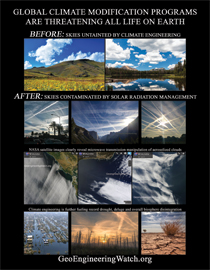






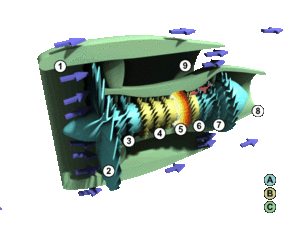
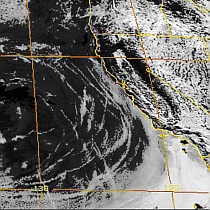




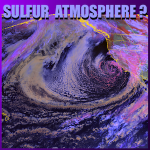












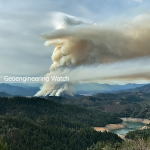
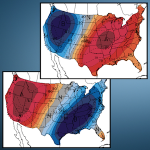
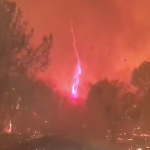




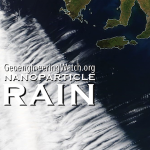











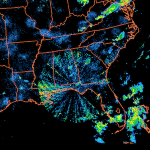
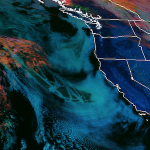















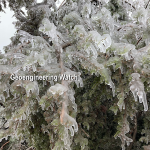
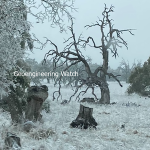


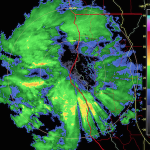
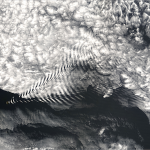











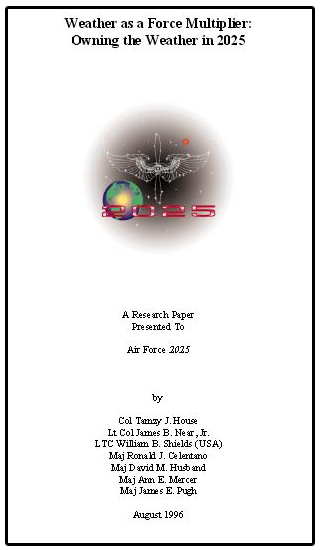





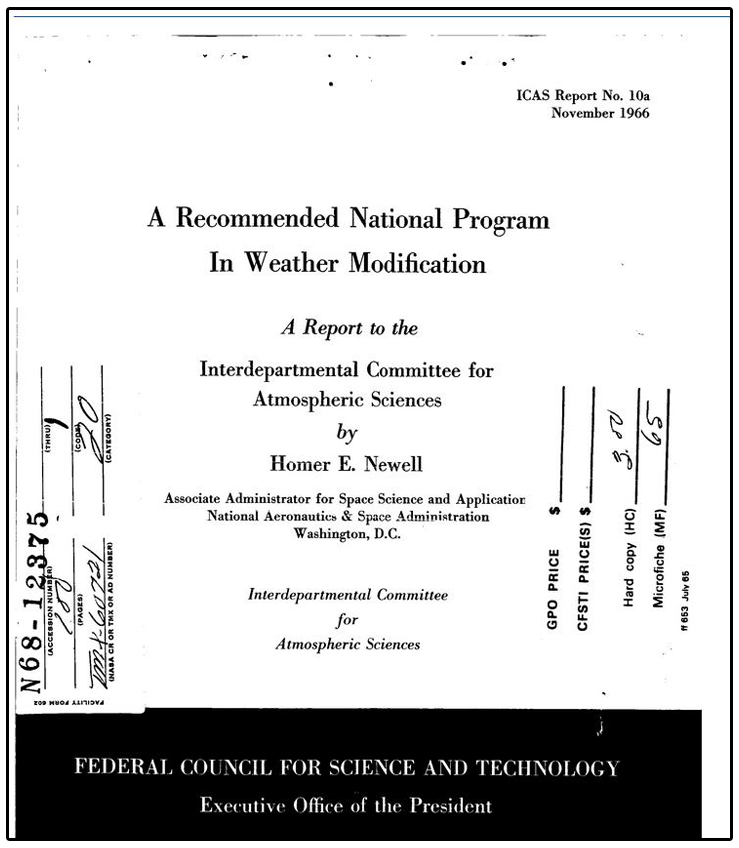

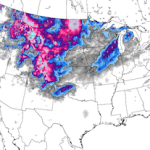
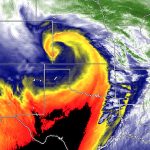
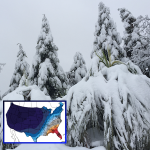
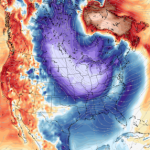
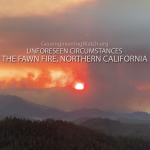


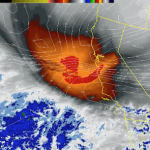
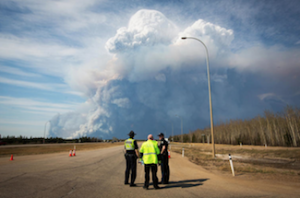

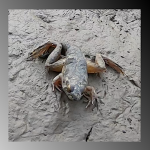
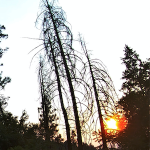
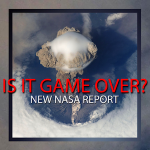


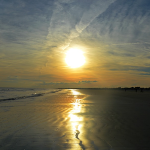


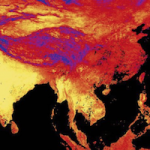
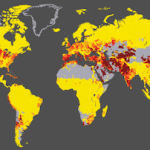

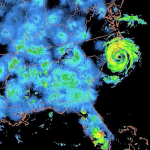
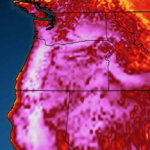



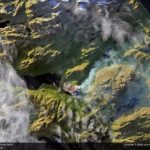


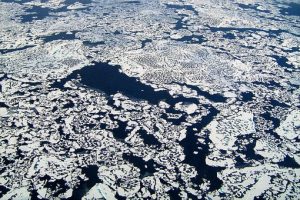

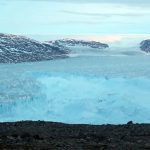

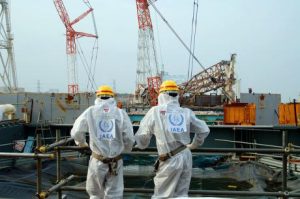
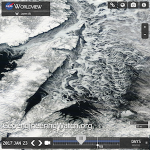


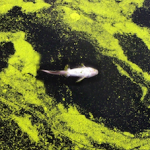
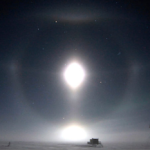
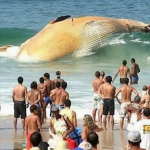





Leave a Reply